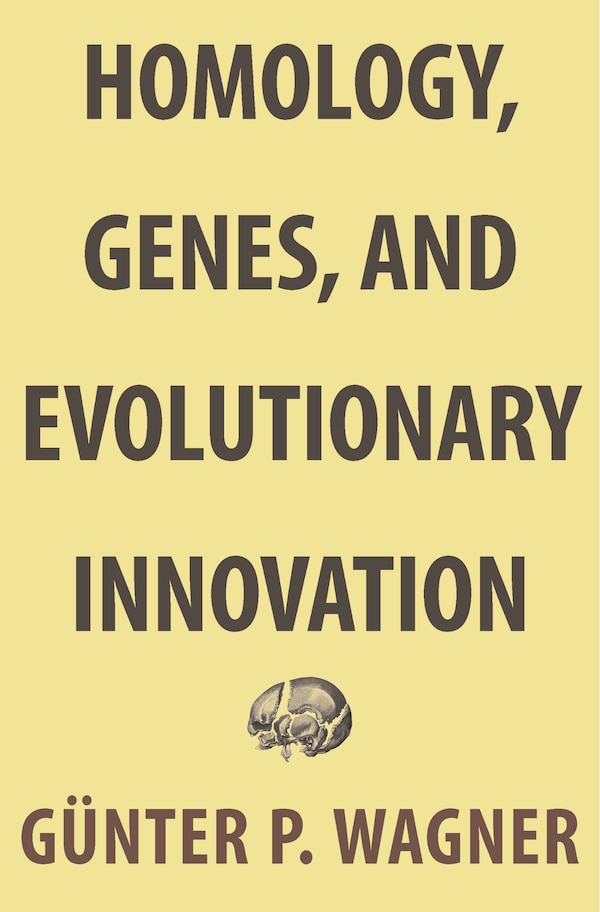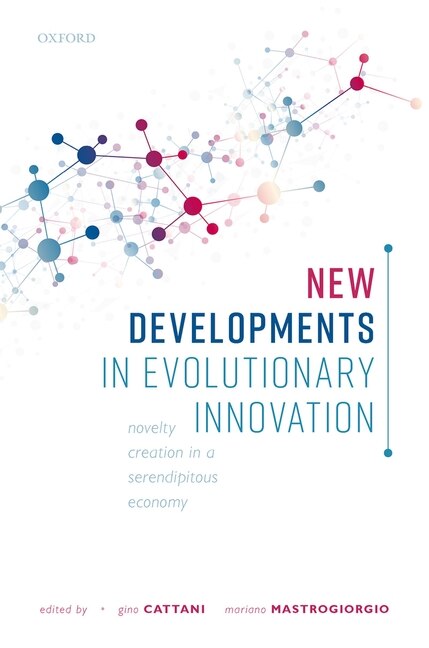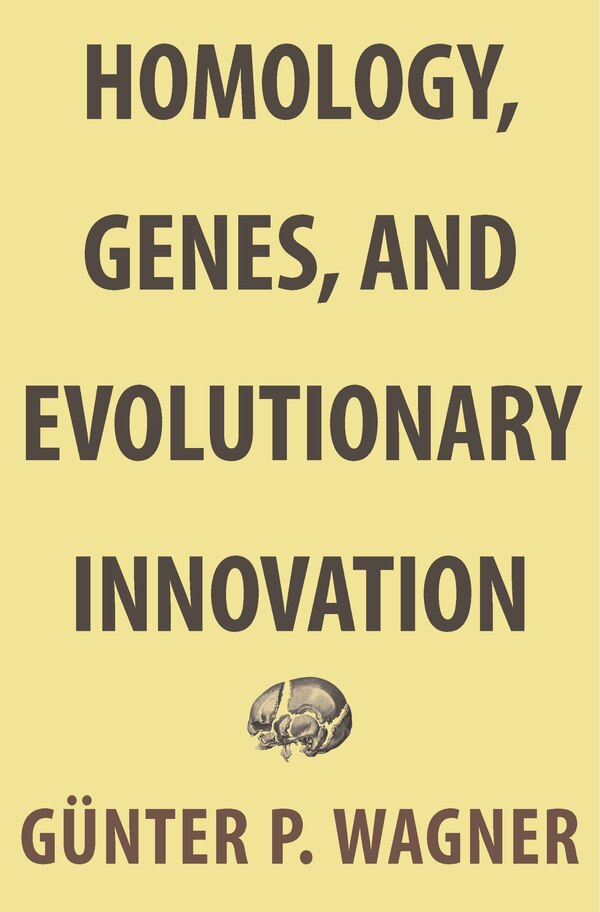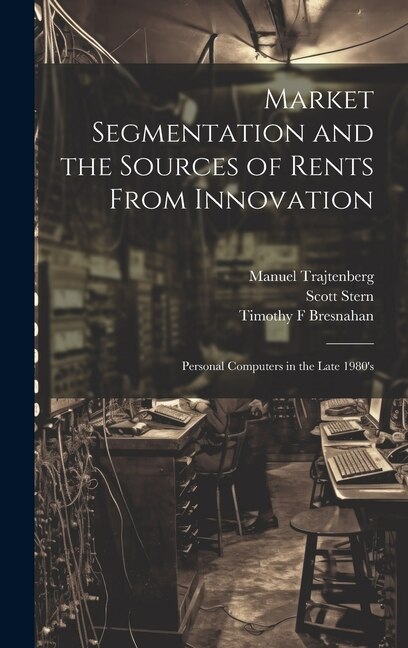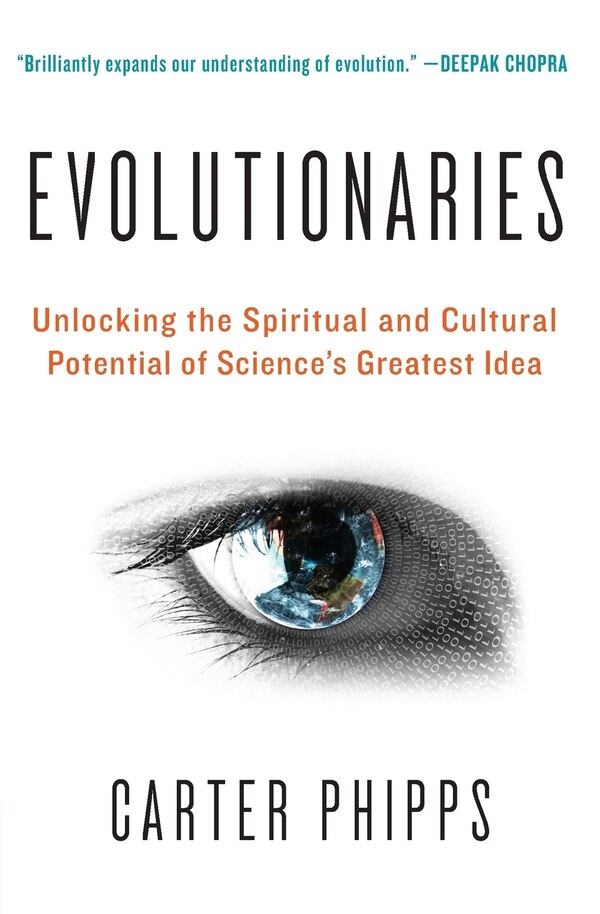
Choice Made Simple!
Too many options?Click below to purchase an online gift card that can be used at participating retailers in Village Green Shopping Centre and continue your shopping IN CENTRE!Purchase HereHome
Symbiosis as a Source of Evolutionary Innovation by Lynn Margulis, Paperback | Indigo Chapters
Coles
Loading Inventory...
Symbiosis as a Source of Evolutionary Innovation by Lynn Margulis, Paperback | Indigo Chapters in Vernon, BC
From Lynn Margulis
Current price: $66.00
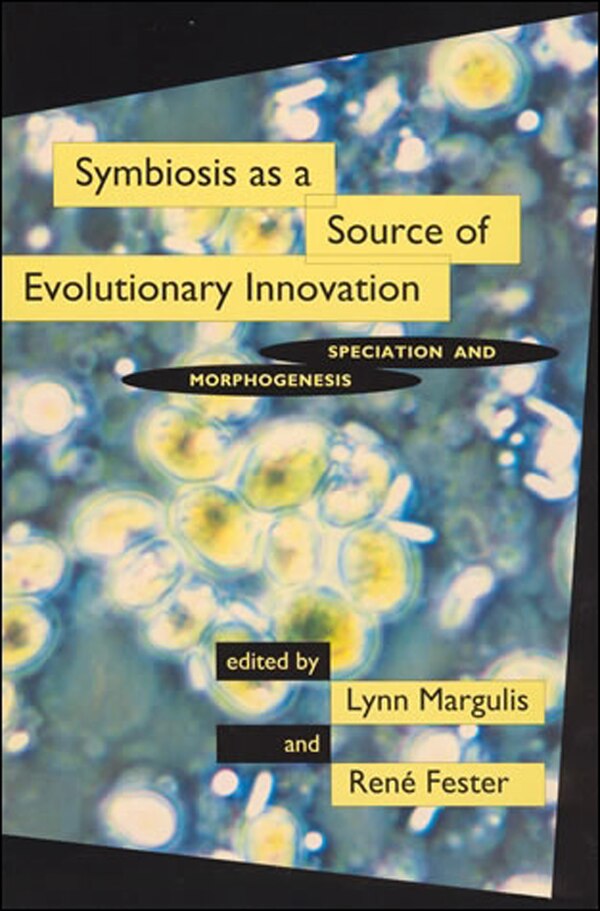
Coles
Symbiosis as a Source of Evolutionary Innovation by Lynn Margulis, Paperback | Indigo Chapters in Vernon, BC
From Lynn Margulis
Current price: $66.00
Loading Inventory...
Size: 1 x 9 x 0.8125
*Product information may vary - to confirm product availability, pricing, shipping and return information please contact Coles
These original contributions by symbiosis biologists and evolutionary theorists address the adequacy of the prevailing neo-Darwinian concept of evolution in the light of growing evidence that hereditary symbiosis, supplemented by the gradual accumulation of heritable mutation, results in the origin of new species and morphological novelty. A departure from mainstream biology, the idea of symbiosis—as in the genetic and metabolic interactions of the bacterial communities that became the earliest eukaryotes and eventually evolved into plants and animals—has attracted the attention of a growing number of scientists. These original contributions by symbiosis biologists and evolutionary theorists address the adequacy of the prevailing neo-Darwinian concept of evolution in the light of growing evidence that hereditary symbiosis, supplemented by the gradual accumulation of heritable mutation, results in the origin of new species and morphological novelty. They include reports of current research on the evolutionary consequences of symbiosis, the protracted physical association between organisms of different species. Among the issues considered are individuality and evolution, microbial symbioses, animalbacterial symbioses, and the importance of symbiosis in cell evolution, ecology, and morphogenesis. Lynn Margulis, Distinguished Professor of Botany at the University of Massachusetts at Amherst, is the modern originator of the symbiotic theory of cell evolution. Once considered heresy, her ideas are now part of the microbiological revolution. ContributorsPeter Atsatt, Richard C. Back, David Bermudes, Paola Bonfante-Fasolo, René Fester, Lynda J. Goff, Anne-Marie Grenier, Ricardo Guerrero, Robert H. Haynes, Rosmarie Honegger, Gregory Hinkle, Kwang W. Jeon, Bryce Kendrick, Richard Law, David Lewis, Lynn Margulis, John Maynard Smith, Margaret J. McFall-Ngai, Paul Nardon, Kenneth H. Nealson, Kris Pirozynski, Peter W. Price, Mary Beth Saffo, Jan Sapp, Silvano Scannerini, Werner Schwemmler, Sorin Sonea, Toomas H. Tiivel, Robert K. Trench, Russell Vetter | Symbiosis as a Source of Evolutionary Innovation by Lynn Margulis, Paperback | Indigo Chapters
These original contributions by symbiosis biologists and evolutionary theorists address the adequacy of the prevailing neo-Darwinian concept of evolution in the light of growing evidence that hereditary symbiosis, supplemented by the gradual accumulation of heritable mutation, results in the origin of new species and morphological novelty. A departure from mainstream biology, the idea of symbiosis—as in the genetic and metabolic interactions of the bacterial communities that became the earliest eukaryotes and eventually evolved into plants and animals—has attracted the attention of a growing number of scientists. These original contributions by symbiosis biologists and evolutionary theorists address the adequacy of the prevailing neo-Darwinian concept of evolution in the light of growing evidence that hereditary symbiosis, supplemented by the gradual accumulation of heritable mutation, results in the origin of new species and morphological novelty. They include reports of current research on the evolutionary consequences of symbiosis, the protracted physical association between organisms of different species. Among the issues considered are individuality and evolution, microbial symbioses, animalbacterial symbioses, and the importance of symbiosis in cell evolution, ecology, and morphogenesis. Lynn Margulis, Distinguished Professor of Botany at the University of Massachusetts at Amherst, is the modern originator of the symbiotic theory of cell evolution. Once considered heresy, her ideas are now part of the microbiological revolution. ContributorsPeter Atsatt, Richard C. Back, David Bermudes, Paola Bonfante-Fasolo, René Fester, Lynda J. Goff, Anne-Marie Grenier, Ricardo Guerrero, Robert H. Haynes, Rosmarie Honegger, Gregory Hinkle, Kwang W. Jeon, Bryce Kendrick, Richard Law, David Lewis, Lynn Margulis, John Maynard Smith, Margaret J. McFall-Ngai, Paul Nardon, Kenneth H. Nealson, Kris Pirozynski, Peter W. Price, Mary Beth Saffo, Jan Sapp, Silvano Scannerini, Werner Schwemmler, Sorin Sonea, Toomas H. Tiivel, Robert K. Trench, Russell Vetter | Symbiosis as a Source of Evolutionary Innovation by Lynn Margulis, Paperback | Indigo Chapters

